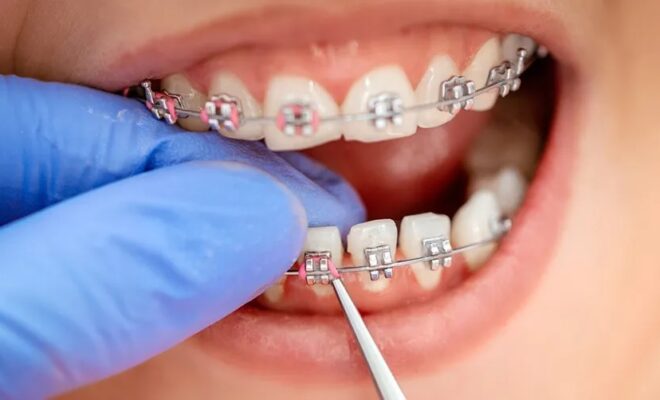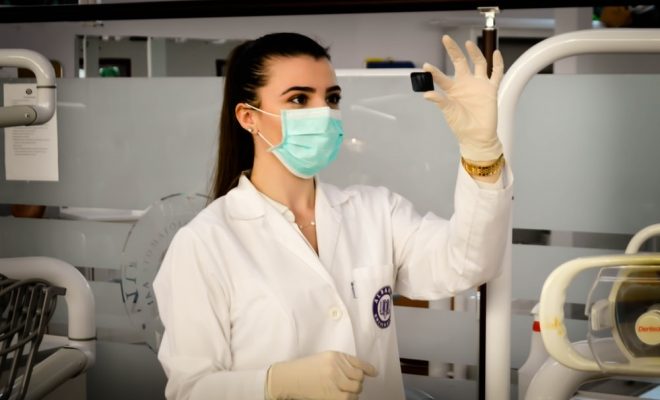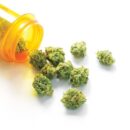CBD VS THC FOR SLEEP: WHAT’S THE DIFFERENCE?

Over time, it has been discovered that up to a hundred cannabinoids can be found in cannabis, but tetrahydrocannabinol (THC) and cannabidiol (CBD) are by far the most understood. It is important to note that cannabinoids have different uses medically and can be used to treat different health conditions – sleep issues included.
Different studies have ascertained that both CBD and THC can be effective in treating sleep issues. Nevertheless, THC and CBD sleep medicines may have effects that vary from one another, so this makes it crucial for patients to be conversant with these differences before choosing a product.
To help you make the perfect decision when buying medicine for your sleep disorder, we have put together the necessary information that can guide you through this process.
WHAT ARE THE EFFECTS OF CBD ON SLEEP?
CBD affects sleep by reducing stage three sleep, as it counteracts sleepiness the following day. The lower the dose combination of CBD or THC, the better the reaction time. Other cannabinoids might produce fewer sedative effects when compared to THC, but it does not dispute the fact that CBD can also be used to treat sleep issues. CBD is perfect for combatting symptoms associated with other health issues that hinder the ability to sleep due to its pain-relieving and soothing properties.
It is also great at regulating sleep patterns. For those who want to sleep less or who want a healthier sleeping schedule, it has the ability to prevent excessive somnolence. This assertion is made based on the findings published by FEBS Letters, which led investigators to conclude that “CBD modulates waking via activation of neurons in the hypothalamus and DRD. Both regions are apparently involved in the generation of alertness.” This might seem like a counterproductive feature for a sleep medication, but it does have its benefits.
WHAT ARE THE EFFECTS OF THC ON SLEEP?
THC and CBD medicines can improve your ability to sleep, but note that they both achieve this quite differently. It is important to know how each of the cannabinoids affects your sleep. Click here to read more about THC and CBD medicines.
THC has an abundance of sedation properties. It has an effect on the body wake/sleep cycle due to the way it interacts with cell receptors in the brain. It has been observed that capsules or oils that have a high concentration of THC will make their users drowsy.
The Journal of Clinical Psychopharmacology backed up and published these anecdotal findings. Researchers carried out a test on certain sleep elements using cannabis extracts to determine its effects. During the course of the research, it was discovered that the use of 15mg of THC was linked with heightened sleepiness and reduced sleep latency. It was also discovered that subjects experienced a change in mood, increased sleepiness, and that memory was impaired.
PSYCHOACTIVE EFFECTS
CBD is non-psychoactive, as it has no effects on body functions as the day passes. Due to this, patients get to enjoy the therapeutic benefits it offers without having to worry about any psychoactive effects, which can be dangerous or worrying at times.
THC, on the other hand, is a psychoactive compound and there is a little bit of risk when medication that is heavy on THC is ingested. Users who over-medicate may experience paranoia, anxiety, and other feelings that may make sleeping difficult.
WHICH IS BEST FOR YOU?
There is no definite answer to this, as it depends solely on your unique situation. Determine what best suits your circumstances, and most importantly, consult your doctor before starting a new medication.










